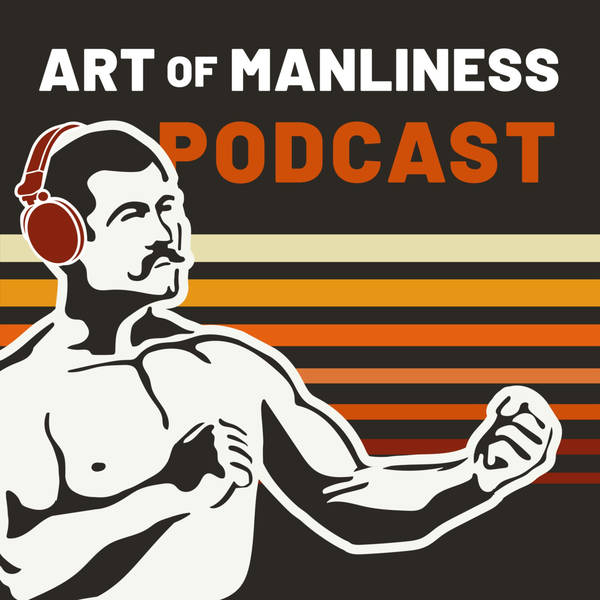
A Surprising Theory on Why We Get Fat
There are two dominant theories as to why Westerners have gotten increasingly obese in the last fifty years. One is that we're eating too many carbs and carbs make us fat. Another is that our primitive appetite — which is wired to gorge on calorically dense foods as a survival mechanism — is misaligned with a modern landscape in which food is available in an overabundance.
My guest today says that there's too much evidence which contradicts these theories for them to completely explain the problem of weight gain, and forwards a different and quite surprising theory as to what may be going on instead. His name is Mark Schatzker and he's the author of The End of Craving: Recovering the Lost Wisdom of Eating Well. In order to arrive at Mark's theory on the rise in obesity, we first unpack several pieces of the puzzle, each fascinating in its own right. We discuss how the body, rather than having a natural propensity to gain weight, actually typically wants to stay at a healthy set point, the difference between wanting and liking and how obese people crave food more but enjoy it less, and why it is that humans take pleasure in eating. We then get to how food additives, like artificial sweeteners, and, strangely enough, even certain vitamins, may be shifting the body's set point, increasing people's craving for food, and triggering weight gain. We end our conversation with Mark's counterintuitive call to fight obesity by thoroughly enjoying truly delicious food.
Resources Related to the PodcastDr. Kevin Hall's study on high fat vs. low fat dietDr. Christopher Gardner's study on high fat vs. low fat dietDr. Michel Cabanac on the role of set point theory in body weightDr. Kent Berridge's study on wanting vs liking and research lab write-upDr. Dana Small's study on the metabolic effect of beverages sweetened with both sugar and sucraloseAoM Article: Why Carbs Don't Make You FatConnect With Mark SchatzkerMark's Website
